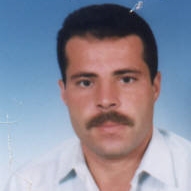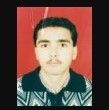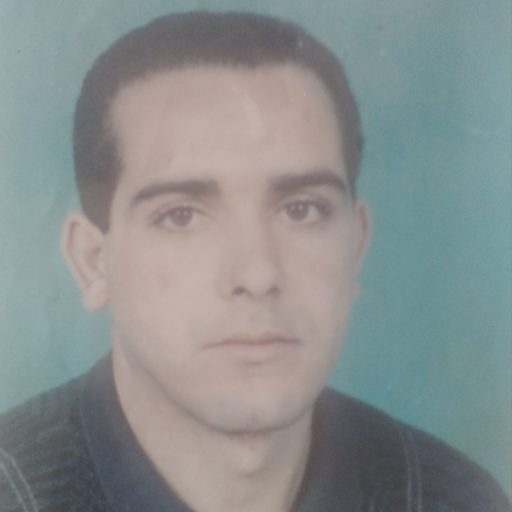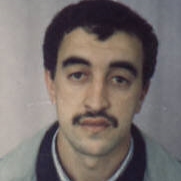
Ali Lakhdar-Chaouch
Date of arrest: 1997-04-01
Forces responsible: Military security
Summary
On April 1, 1997, at 1 a.m., Ali Lakhdar-Chaouch, an orthopaedic surgeon, was arrested at his place of work, the University Hospital in Kouba, while he was on duty in the emergency unit. Military security officers in civilian clothes from the Ben Aknoun Territorial Centre for Research and Investigation reportedly arrived at the hospital with an arrest warrant for Lakhdar-Chaouch. His arrest was witnessed by the director of the hospital, the director of the central Algiers hospitals, the head of personnel as well as nurses. The hospital director tried to obstruct the arrest, but the security officers informed her that they merely wanted to “ask him a few questions” and that they “would not hold him for long”. They subsequently took him away in an unmarked white car. His family has had no news of him since.
Steps taken
June 30, 1997: Ali Lakhdar-Chaouch’s mother files a complaint with the National Observatory for Human Rights.
1997-2003: His mother sends letters to the President of the Republic, the Minister of Justice, the Minister of the Interior and the Prime Minister, to no avail.
July 1997: His mother files a first complaint with the El Harrach Court, which is later dismissed.
March 5, 2000: By order of the Prosecutor of the Hussein-Dey court, and following a report from the Baraki gendarmerie, a request is filed to open an investigation into a complaint against a person or persons unknown for enforced disappearance.
March 15, 2000: Ali Lakhdar-Chaouch’s father testifies before the Prosecutor. Ali Lakhdar-Chaouch’s mother subsequently files a complaint with the Hussein-Dey court against state agents.
December 24, 2000: The investigating judge dismisses the case on procedural grounds because the persons responsible for the arrest could not be identified.
February 12, 2001: His mother challenges the dismissal.
February 13, 2001: The Indictments Division of the Algiers Court of Appeal overturns the dismissal dated December 24, 2000.
November 17, 2003: The case is returned to the investigating judge, who again dismisses it, despite the testimony of the director of the hospital dated 19 January 2003. His mother appeals this ruling before the Algiers Court of Appeal.
April 21, 2004: The Algiers Court of Appeal sends back the case to the investigating judge, who confirms the dismissal on August 15, 2004.
July 2, 2006: His mother obtains a certificate of disappearance, issued by the gendarmerie in Baraki. Dissatisfied, she lodges a complaint with the Public Prosecutor of the Hussein-Dey Court.
February 8, 2007: The Baraki criminal investigation police tells his mother that the certificate of disappearance was issued following a “thorough investigation”.
June 26, 2009: Having exhausted all domestic remedies, his mother seizes the UN Human Rights Committee. Ali Lakhdar-Chaouch’s case is also pending before the Working Group on Enforced or Involuntary Disappearances (WGEID).
Decision of the Human Rights Committee
Prohibition of torture and cruel or inhuman treatment (including in relation to the author), right to liberty and security of person, recognition as a person before the law and right to an effective remedy (including in relation to the author).
The State party must provide the author with an effective remedy including by: (a) conducting a thorough and effective investigation into the disappearance of Ali Lakhdar-Chaouch; (b) providing the author with detailed information about the results of its investigation; (c) releasing the victim immediately if he is still being held incommunicado; (d) if Ali Lakhdar-Chaouch is deceased, handing over his remains to his family; (e) prosecuting, trying and punishing those responsible for the violations committed; and (f) providing adequate compensation to the author for the violations suffered and to Ali Lakhdar-Chaouch if he is still alive. Ordinance No. 06-01 notwithstanding, the State party should also ensure that it does not impede enjoyment of the right to an effective remedy for the victims of crimes such as torture, extrajudicial killings and enforced disappearances. The State party is also under an obligation to take steps to prevent similar violations in the future.




